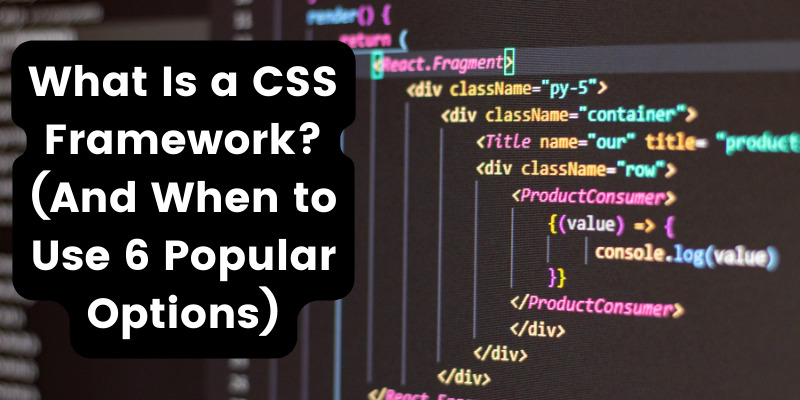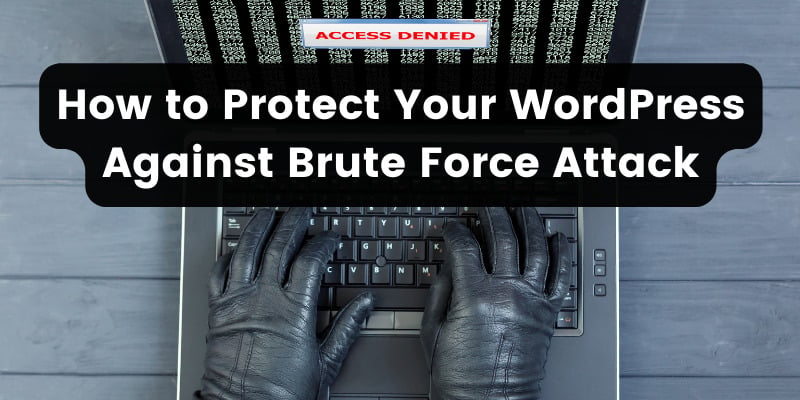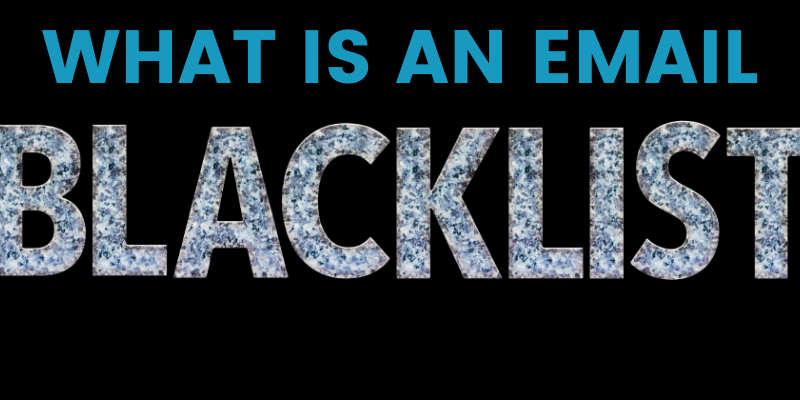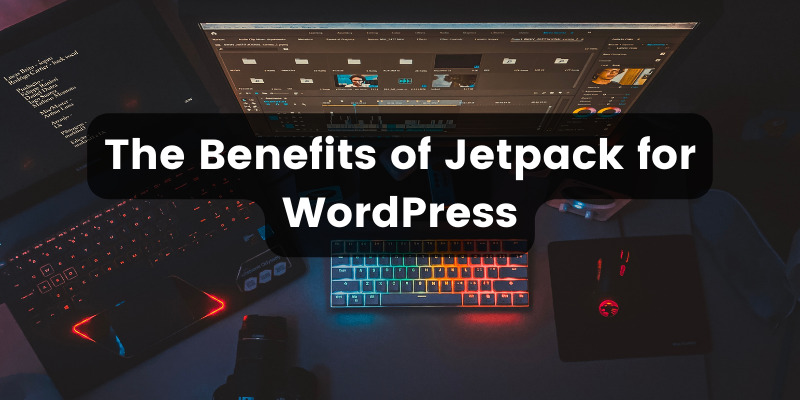- Feb 20, 2012
 0
0- by A2 Dev Team
HTML5 is a standard that is still forming. Think of it like the ancient earth, still mostly molten but cooling, with islands of fairly solid stone but still many lakes of roiling magma. One of these roiling lakes is the battle over video codecs (or formats). As you may already know, HTML5 includes built-in support for playing video. In practice, this means whatever web browser the user is running is going to be doing the video playing. This is instead of Adobe’s Flash plug-in, which is usually the case right now.
The big question then is, what video codecs can the browsers play for users without requiring a plug-in or extension? H.264 (or MPEG-4 AVC) is probably the most widely used format for high definition video right now. It sees use in Blu-ray Discs (all Blu-ray Players must be able to play H.264 files), on Youtube, Vimeo and iTunes and is supported by both Adobe Flash and Microsoft Silverlight. However, H.264 is also patented and controlled by an entertainment industry consortium called MPEG-LA whose members include Sony, Microsoft, Apple, Samsung and many others. This means that H.264 is not a totally Open and Free Standard. MPEG-LA can and does charge for its use.
Meanwhile, Google has released a standard it dubbed WebM (which uses the VP8 video codec and Vorbis audio) as a fully open and free standard. Google indicated its seriousness about this in January when it removed native support of H.264 from Chrome.This is an uphill battle due to the previously mentioned ubiquity of H.264. Google’s argument is that H.264 is not suitable for a fully open and free standard like HTML5, and that WebM (or presumably some other fully open standard) should be embraced instead.
Both formats have advantages and disadvantages. Your average user is ultimately unlikely to be able to distinguish between the two formats. This is an issue that matters solely for web developers and businesses who may find themselves having to pay a royalty if their site employs H.264 and gets popular enough that MPEG-LA feels justified in demanding it. On the other hand, WebM has been made completely royalty free, open and at least from a monetary standpoint is completely safe to use.










